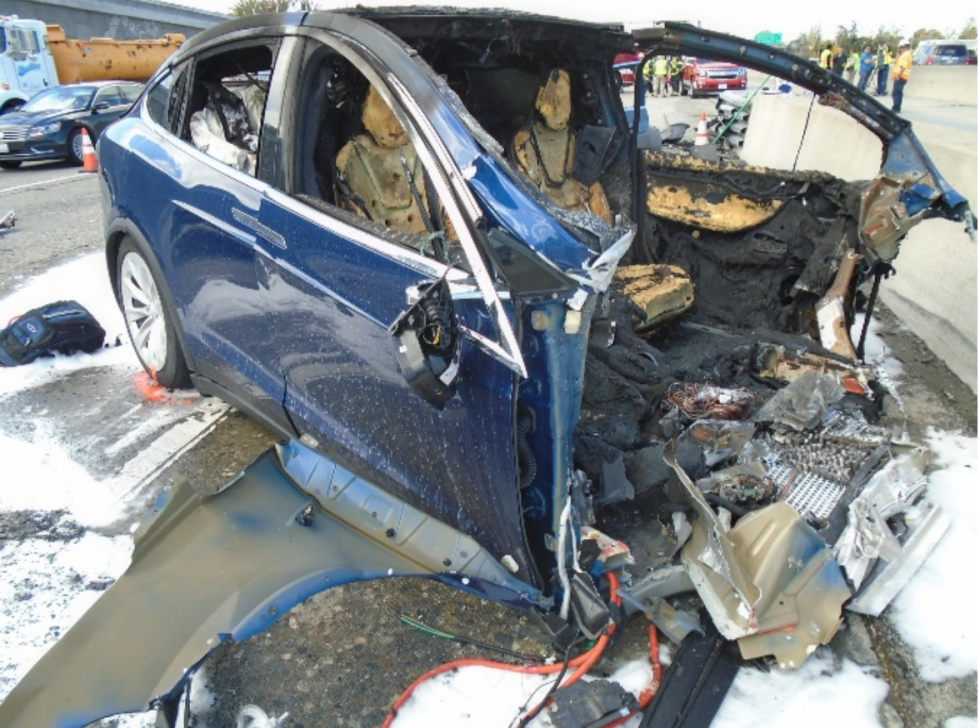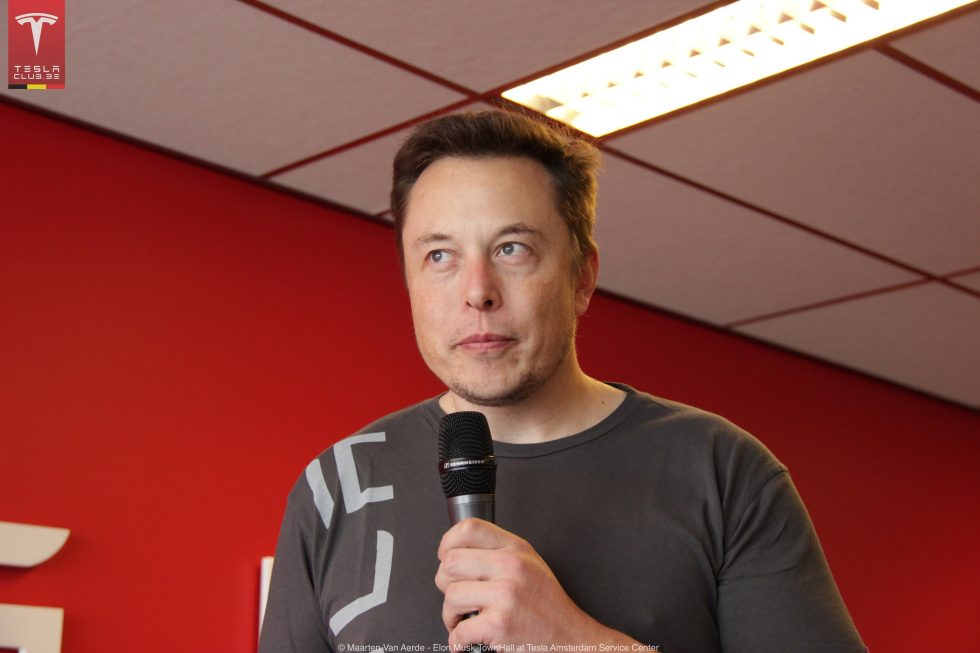Tesla's battle with the Securities and Exchange Commission could be the company's biggest crisis in almost a decade. And it all started with a tweet.
"Am considering taking Tesla private at $420," Musk wrote on August 7. "Funding secured."
Tesla shares soared. But it quickly became apparent that Musk didn't actually have a commitment from anyone to fund a buyout—at least not in writing. That caught the SEC's attention. The SEC quickly began investigating Musk's tweets for possible violation of securities laws, which prohibit manipulating markets by publishing inaccurate information.
On Thursday, after Musk rejected a proposed settlement, the agency sued Musk, seeking fines, an injunction against future misbehavior, and an order barring Musk from being an officer or director of Tesla. Tesla stock plunged more than 10 percent in after-hours trading on Thursday, and it closed down almost 14 percent on Friday.
Tesla and Elon Musk have faced plenty of lawsuits in the past. But this one is different, both because the federal government is a formidable adversary, and because there's a real chance it could cost Musk his job.
The lawsuit puts into sharp relief a question that has been looming over Tesla in recent months: is Musk still the best choice to lead Tesla?
No one can deny that Musk is a brilliant entrepreneur with an unrivaled ability to create and nurture innovative startups. But managing a big public company requires different skills and a different personality.
Elon Musk is impulsive, he micromanages subordinates, and he hates to admit when he makes a mistake. All of these are bad traits for the CEO of a big publicly-traded company, as the "funding secured" debacle vividly illustrations. And they are going to become bigger and bigger liabilities as Tesla grows.
Musk hates to admit mistakes

In a New York Times interview last month, Elon Musk called 2018 "the most difficult and painful year of my career." Some of Musk's challenges this year—like the need to scale up Model 3 production—were unavoidable. But Musk's own actions have made things worse.
An important skill for the leader of any large organization is knowing when to de-escalate conflicts—settle a lawsuit, issue an apology, let critics have the last word.
Musk is terrible at this. For example, this summer Musk got into a spat with Vern Unsworth, a British cave explorer who criticized the "submarine" Musk built to try to help kids trapped in a cave in Thailand. (It wasn't ultimately used). Musk inexplicably decided to escalate the situation by labeling Unsworth a "pedo guy" without a shred of evidence. Over the next few weeks, he escalated further by essentially daring Unsworth to sue him for defamation. He then made more defamatory claims about Unsworth in an email to a BuzzFeed reporter—until Unsworth ultimately filed a lawsuit.
This kind of scenario has played out repeatedly over the years. In March, a Tesla customer named Walter Huang died in a Model X while Autopilot was engaged. Tesla's response was to blame Huang for the crash, starting a high-profile public feud with Huang's widow.
In May, he berated a Wall Street analyst in a conference call for asking "boring, bonehead questions." In July, Musk launched a Twitter tirade against Business Insider reporter Linette Lopez that columnist Felix Salmon called "obsessive and deranged to the point at which it should worry every shareholder of any company where he serves as CEO."
Musk's refusal to back down has its most serious consequences when he deals with regulators. In April, Musk reportedly hung up on the chairman of the National Transportation Safety Board (NTSB), which has been investigating the Huang crash. The two were arguing because the NTSB had asked Musk to stop making public statements about the Huang crash during the investigation—a request Musk refused to honor. The NTSB ultimately froze Musk out of the investigation, depriving Tesla of an opportunity to convince the NTSB that its technology was not at fault.
And this week, the same attitude led Musk to refuse a proposed settlement with the SEC. According to CNBC, Musk would have had to pay a nominal fine but would not have had to admit guilt. He would also have needed to give up his position as chairman of Tesla's board and name two additional independent directors.
CNBC reports that Musk "felt that by settling he would not be truthful to himself." Presumably this attitude also explains his confrontational stance in other recent disputes. But this doesn't seem like a great attitude to have when you run a big public company. Sometimes, a CEO needs to recognize that his own ego is less important than the success of his company—and the welfare of its many shareholders, employees, and customers.
Musk micromanages his subordinates

A vivid story in The Wall Street Journal last month had Musk demanding to know why an assembly line stopped when someone stepped in front of a car. When he was told it was a safety measure, the Journal reports, "the billionaire entrepreneur began head-butting the front end of a car on the assembly line."
"I don't see how this could hurt me," Musk reportedly said. "I want the cars to just keep moving."
Musk's abrasive management style and his refusal to listen to subordinates' concerns has likely contributed to high turnover among senior Tesla managers. Tesla has suffered the departure of three consecutive heads of its Autopilot division in less than two years. The Journal has reported that the first of those departures, Sterling Anderson, left because he disagreed with Musk's decision to market the hardware in Tesla's cars as being capable of "full self-driving."
Tesla has also lost a series of finance executives. Earlier this month, Chief Accounting Officer Dave Morton quit after less than a month on the job. Morton joined the company right around the time of Musk's "funding secured" tweet. And according to CNBC, he "quit the company after concluding CEO Elon Musk wasn't interested in accounting details around a potential take-private transaction."
[contf] [contfnew] 
Ars Technica
[contfnewc] [contfnewc]







